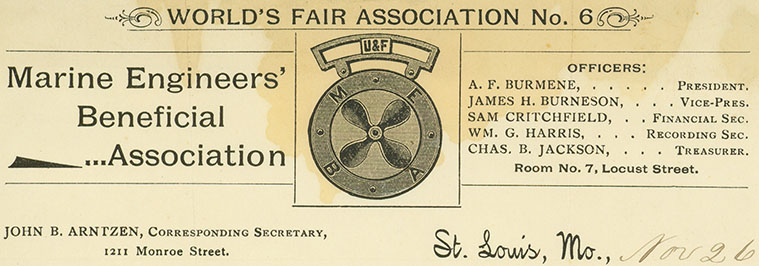||| BY KRISTIN HYDE for the MARINE ENGINEERS BENEVOLENT ASSOCIATION |||
The Washington State Ferries engine room crew, represented by their union, the Marine Engineers’ Beneficial Association, and state negotiators have reached an impasse in negotiations over the terms of their contract. They begin arbitration today, Friday, August 23. The arbitration is scheduled to be completed by next Friday, August 30. The arbitrator has until September 30 to make a decision on the terms of the contract.
Unions representing ferry crews will conduct a tour of the ferry system for Washington state lawmakers on Tuesday, August 27.
The portion of the tour that takes place below deck in the engine room will be led by Eric Winge, WSF representative for MEBA and AFL-CIO, aboard the 3:50 trip from Seattle to Bainbridge. Media are welcome, please contact Kristin Hyde, 206-491-0773, [email protected]
An August 19 Seattle Times editorial stated:
“…Inslee’s administration, as well as that of the state’s next governor, must find ways to attract skilled talent and build more workforces. Here’s one way they can do that now: The government’s Office of Financial Management is negotiating new collective bargaining agreements with the state’s unions. Ferry workers’ wages must stay within the bounds of a maritime industry still grappling with a global shortage of seafarers. Gone are the days when WSF pensions and benefits alone could compete with better-paying jobs on the high seas. … Even within the system itself, the pay gap has widened. The pay scale for workers in the ferry engine room, for example, is $27 to $57 an hour – less than their skilled counterparts above deck, who make $32 to $70 an hour. Captains’ salaries are often close to those of chief engineers in the industry, according to the Marine Engineers Benefit Association, the engine room union. Yet at the WSF, the chief engineer makes, on average, about 19% less than the captain.
“In a job that already requires seven-day, 12-hour shifts, engineers, oilers and wipers have accumulated 81,000 hours of burnout-inducing overtime in 2023 – money that could be better spent on higher wages to attract more workers. The state should not skimp on the crews who maintain a corroding fleet with a combined $270 million in maintenance backlog.
“…the most experienced employees are continuing to decline. Of the ferry system’s 110 chief engineers, about half will be eligible to retire in the next three years, according to the union. Without wages to attract experienced sailors to the jobs, more and more institutional knowledge about these special double-ended vessels will be lost.
“Recalibrating the pay scale would improve morale, attract key talent and reduce the number of canceled sailings each year. Ensuring competitive pay, including for those who work below deck on America’s largest ferry system, is one of many necessary steps to restore the currently broken seaway.”





